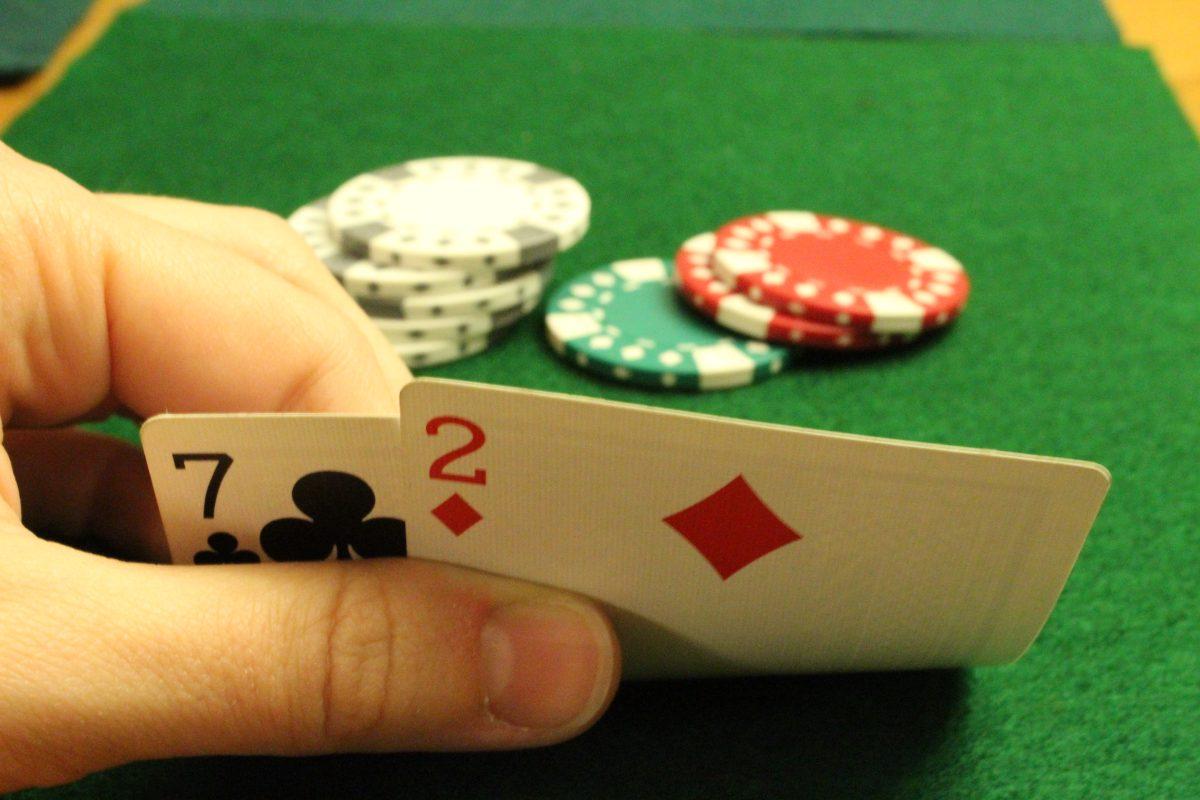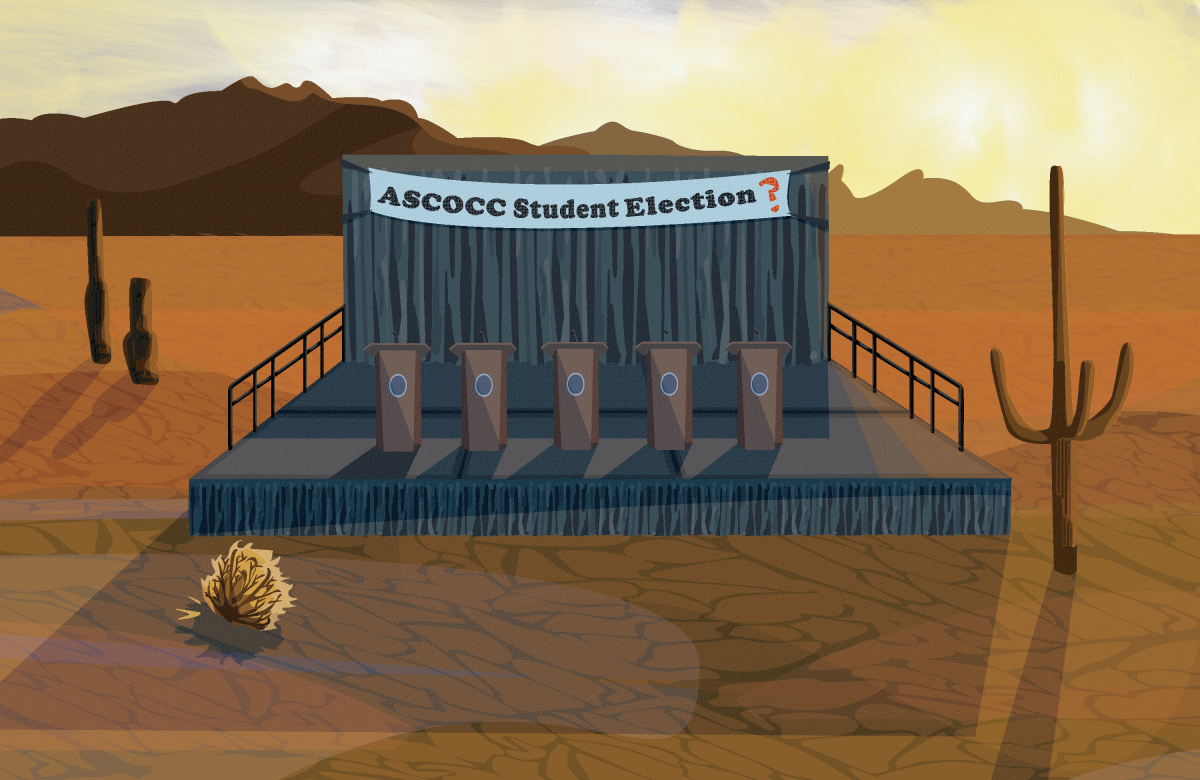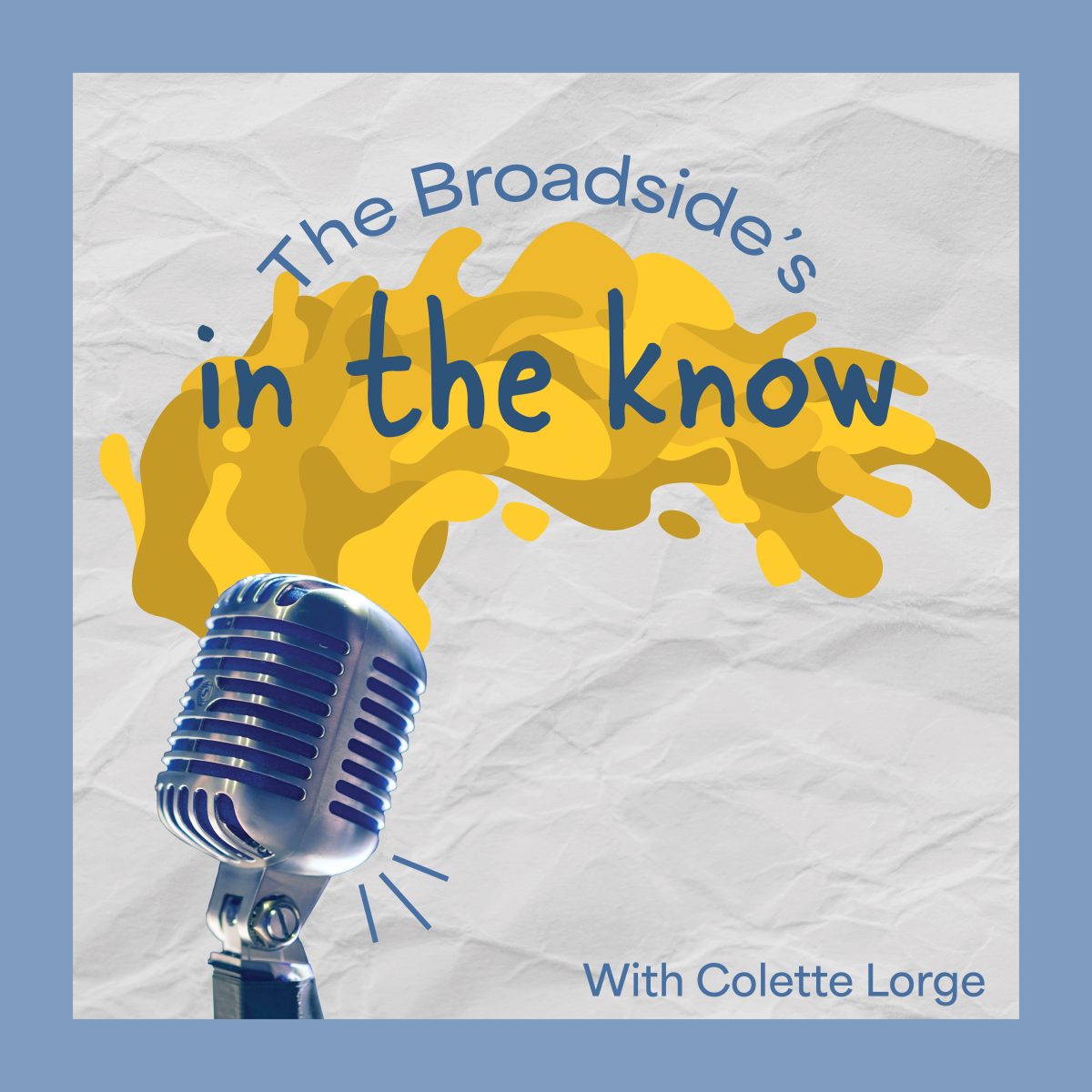Pete Pennington had one goal in mind when he began a Kickstarter project for The Elephant Next Door in 2012: end the stigma against compulsive gambling, one of the most overlooked addictions.
The Elephant Next Door (END) is a non-profit organization working to bring awareness to a rapidly growing addiction. As a licensed professional counselor, Pennington is the mind behind END.
The organization first began as an educational film project that showcased individuals who had suffered from compulsive gambling and recovered; however, Pennington’s ambitions did not stop there:
“I want to create an image in people’s minds that changes the way they see gambling,” Pennington said.
The best way he feels that is possible is by educating anyone who may listen about the dangers of gambling. Thus, E.N.D’s nonprofit was born. “I am not against gambling per se, but those who have a problem, we as a society need to treat them differently, with compassion instead of ridicule,” Pennington stated.
Read Page, a recovered gambling addict, stated that one of the problems with gambling is that “it starts off innocently, and as an escape from your problems.”
Page’s addiction started at the age of 38, after marital issues and unemployment became factors in his life. He found himself turning to machines and electronic gambling outlets as a crutch. What started off as a small issue, soon tumbled out of control for Page:
“Gambling destroyed my life. I ended up divorced, and nearly homeless with a 10-year-old that I was neglecting, monetarily speaking … I lost a job over it as well,” Page said. He found himself doing immoral things he never imagined he would do, just to keep gambling, no matter who it may hurt. This behavior then turns to self-hatred and suicidal thoughts and/or actions.
Gambling addiction has the highest suicide rate of any other addiction. In fact, 80 percent of gambling addicts have had thoughts of suicide, and only 5 percent ever receive treatment, according to the National Council of Problem Gambling. Page is one of the 5% who did get help.
Another goal that Pennington is working toward is making the Americans with Disabilities Act recognize that gambling is a serious problem that should be treated with the same importance as other mental illnesses.
“One of the hardest parts about gambling addictions is that it doesn’t have physical signs that let you know someone is suffering. Often times the persons involved will keep the issues to themselves,” Pennington said.
Oregon has many free treatment programs for compulsive gambling, including BestCare Treatment Services, where Pennington works and where Page received treatment. If not for those programs, Page believes he would not be here today. Though his relationship with his wife is still rocky, he is clean and working to build back the trust he lost.
One of Pennington’s many missions is to work closely on campus and build a presence in our community about gambling. He previously had been working with Gordon Price, former director of Student Life, to be a known presence. 6% of all college students are dealing with pathological gambling thanks to the internet being at our fingertips at all times now days.
According to ABC News, one in 20 college students have a gambling problem. So why is this not a more known problem? The Elephant Next Door, lead by Pennington, want to do precisely that. By making more aware of the issue, the hope is to help those at risk before the problem gets out of hand. If The Elephant Next Door succeeds in its home town of Bend on campus, we will see this organization at other colleges.
Liz McKeown | The Broadside
(Contact: [email protected])








